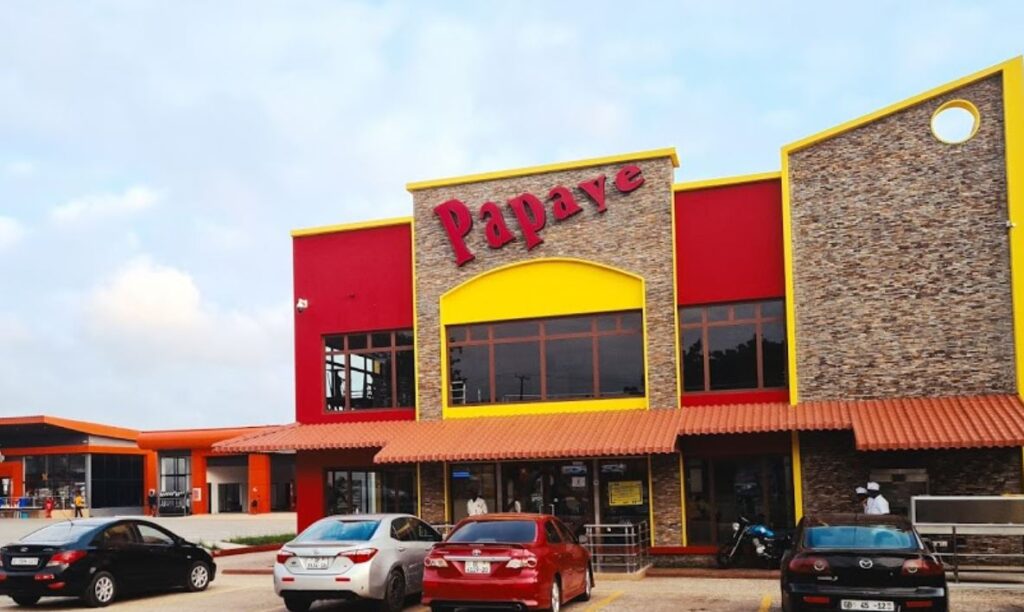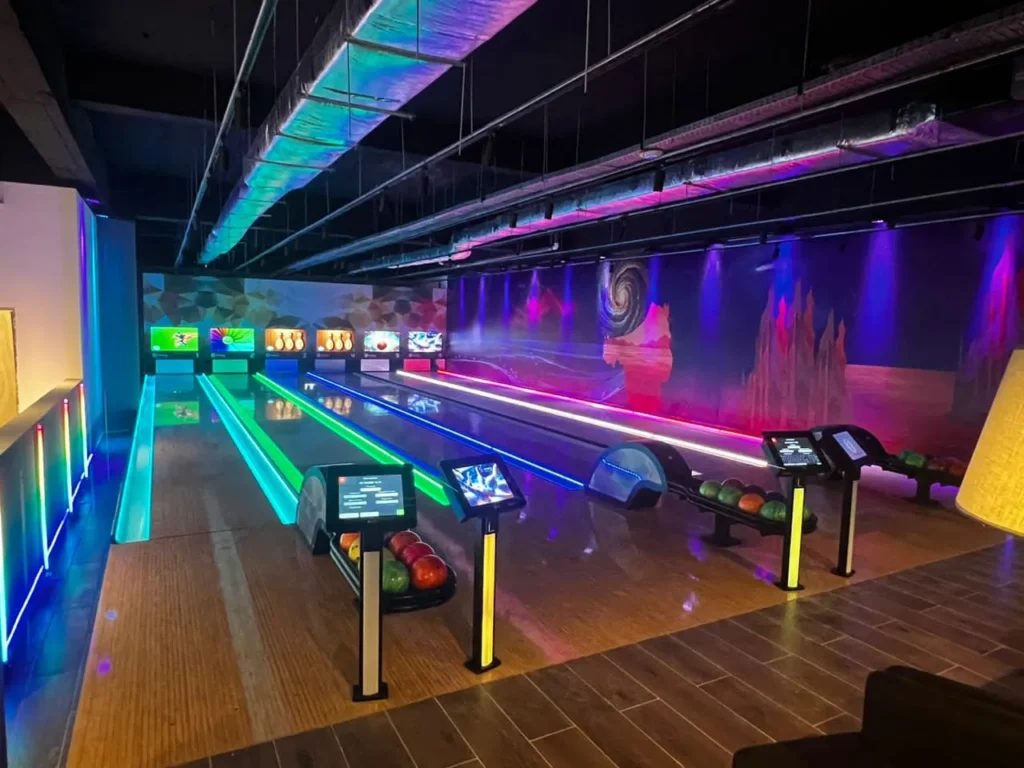How much are you willing to pay for a date night?
In Ghana, especially in the capital of Accra, you have many options when deciding to eat out.
If you’re searching on Instagram, you will find nice-looking pictures of upcoming and well-established eateries with picture-friendly decor and an assortment of food items.
But in reality, here’s what you don’t see: the high prices.
For folks looking for a coffee or dinner date, the cost of eating out might be more than you bargained for.
Whether it’s brunch in Osu, cocktails in Labone, or a cozy dinner at a spot in East Legon, casual dates on a simple budget are starting to become out of reach for the average Ghanaian.
Yesterday’s Price Is Not Today’s Price
Casual dates used to be more affordable in the city.
Several years ago, a meal for two at a restaurant in Accra would run you about GHC 500.
However, with today’s prices, that same meal will cost you about GHC 1000.
The Labari Journal asked Zubaida Abdel-Rahman, a popular Ghanaian food and travel blogger behind Zubzz.com, about the current costs of eating out in Accra.
“Back in the day, GHC 500 was enough for dinner at a fancy restaurant. And now we’re talking GHC 2000 plus,” she said.
“Not everyone has that level of disposable income.”
In 2020, the price of fried rice and chicken at the popular eatery, Papaye, was about GHC 26. Today, the same meal costs between GHC 70 – 80, a 100%+ increase from five years ago.

The Journal undertook a survey of 40 people on social media on the costs of casual dating. The majority of respondents stated that they spent over GHC 400 on casual dates, with over 50% saying they have “avoided” casual dates or eating out due to high prices.
Much of the blame for the high price of eating out. can be placed on Ghana’s economy.
Around 2022, Ghana experienced record-high inflation, with rates exceeding 50%. The country’s currency, the Cedi, also depreciated heavily against the dollar and other currencies.
At one point, $1 was equivalent to almost GHC 17 on foreign exchange markets.
The situation resulted in restaurants and eateries passing on the higher costs of their operations to the end consumer.
They Come and They Go
The competition for customers’ wallets in the restaurant/eatery space keeps increasing. Almost every month, especially in Accra, there seems to be a new food spot that opens up for business.
With Ghana’s shaky economy and increasing competition, you would expect some establishments to compete, not only on food variety, but on price.
However, running a food business can be a costly endeavor.
Recently, some well-known eateries closed down due to the increased cost of operations. Brasa, a restaurant in the Labone area, recently shut its operations on June 1st after nearly five years.
Ocean Basket, a seafood eatery in the same area, also shut down on March 20. Lastly, Kanvas, a popular restaurant based in Osu, announced it would cease operations on May 26th.

Meanwhile, other spots like Jamestown Coffee remain in operation but have had to increase their menu prices to keep up with operational costs.
Other places have followed suit, resulting in higher prices for customers.
Third Place Alternatives
With the price of eating out becoming unsustainable, especially for younger Ghanaians, most have resorted to alternatives for a “date night”.
Sip and Paint events are becoming more ubiquitous. Consumers can pay about GHC 100 – 150 each for a session where they get free drinks and equipment to paint on a canvas.
Other alternatives include bowling or mini golf at the Cypher Zone in Labone, quiz nights at Barndoor Beergarden, or movie nights at the same place.

However, there is still the pressure to eat out at nice restaurants, regardless of the cost.
Food and travel blogger Zubaida Abdel-Rahman said there is still the psychology of people wanting to “impress” their dates.
“Some people have come to expect that if someone likes you, they’ll take you to the nicest place to eat out,” she said.
Although Ghana’s economy has slowly been recovering, with exchange rates and inflation steadily dropping, prices at most eateries are still high.
In a couple of months, Ghanaians might start to see some price reduction in menu items so they can finally afford to eat out more often.
But in the meantime, most would explore other alternatives for date nights or just stay home and cook or order online. As the popular Ghanaian saying goes, “there’s always rice at home”.


